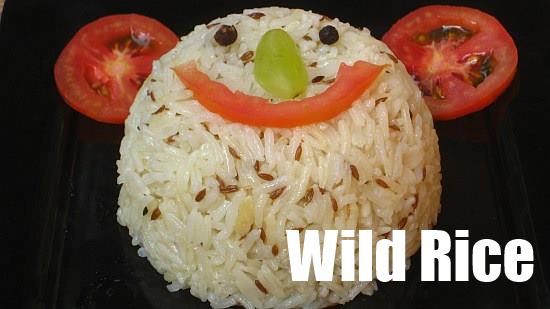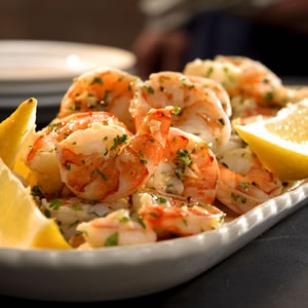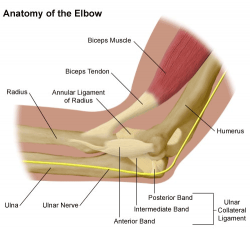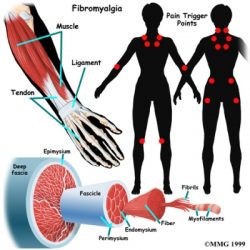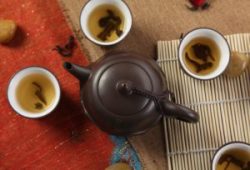Is there such a thing as low carb pasta? The answer is yes … and no. Most pasta is made with grain flour and it is not possible to take out the carbs. However, some manufacturers claim to alter or coat the carbohydrates so that most of them are not digested.
Whether you buy regular pasta made from refined wheat flour, or whole wheat pasta, or special gluten free pasta made with corn, or even expensive health food store varieties made from old fashioned grains such as spelt, it is always going to be high carbohydrate according to most calculations. Here are some examples.
Regular spaghetti: 71g net carbohydrate per 100g (3.5 oz) dry, uncooked product.
Chinese-style egg noodles: 68g net carbohydrate per 100g.
Corn pasta: 68g net carbohydrate per 100g.
Whole wheat spaghetti: 62g net carbohydrate per 100g.
Low carb pasta, e.g. Dreamfields: 63g net carbohydrate per 100g (9g digestible).
According to the Dreamfields website, only around 9g carbohydrate per 100g of their dry low carb product (5g per 2 oz serving) is digestible. This means that most people on low carb diets can incorporate a little of this pasta into their diets. This is great news for any pasta fan!
There is also a type of noodle that is not just low carb but zero carb. These are called miracle noodles or shirataki noodles. You will find them at Asian markets and online stores.
These carb-free noodles are not made from grains at all. They are made from konjac root and they are almost all fiber. Konjac is an Asian plant that is cultivated in Japan. Its main component is a water-soluble dietary fiber called glucomannan. As you probably know, fiber fills our stomachs without being digestible. Therefore it has no carbs and no calories.
Some varieties of shirataki noodles are made with added soy in the form of tofu, and this type will contain a few carbs. Check labels, but they will almost certainly still count as a kind of low carb pasta for your diet.
Shirataki noodles and other konjac root products are often used in loss diets. In Japan, they are also used as a remedy for intestinal troubles. Studies have been published in the Journal of the American College of Nutrition that suggest they can reduce cholesterol, and also reduce glucose levels in diabetics.
These ‘miracle noodles’ have no taste of their own so you will want a strong sauce. They also have a slimy texture that some people do not like and a fishy odor when you open the pack. However, the odor belongs to the water that they are preserved in, not to the noodles themselves, so you can get rid of it by rinsing the noodles in boiling water before you use them.
Shirataki noodles do not taste like Italian pasta but many people love them and they are certainly worth trying for anybody on a loss diet. They are best served with Asian style fish recipes or meatballs and low carb pasta sauce.


